Artificial Intelligence (AI), Writing
The Great Sci-Fi Shake-Up: How Publishing, A.I., and Reader Habits Are Changing the Game
Welcome to the Wild West of publishing, where digital platforms, artificial intelligence, and TikTok-fueled book trends are reshaping the way stories get told, shared, and consumed. And for better or worse, we’re all along for the ride.
Let me pull back the curtain for a moment—not on a spaceship or a wormhole, but on something just as strange and unpredictable: the publishing industry.
Once upon a time, if you were a science fiction author (or any kind of author, really), your path looked something like this:
- Write a book.
- Query agents.
- Get rejected seventy-four times.
- Cry into your coffee.
- Finally land a book deal, hopefully before your third wedding anniversary with your manuscript.
- Wait a year.
- Your book appears in a bookstore. Maybe.
Now? Welcome to the Wild West of publishing, where digital platforms, artificial intelligence, and TikTok-fueled book trends are reshaping the way stories get told, shared, and consumed. And for better or worse, we’re all along for the ride.
The Rise of the Machines (No, Seriously)
Let’s start with the most sci-fi part of this whole thing: A.I. is writing now.
Whether it’s generating blurbs, spitting out short stories, or “collaborating” on novels, A.I. tools are becoming part of the writing process. Some authors are using them to brainstorm plots, others to beat writer’s block, and a few… well, a few are straight-up publishing A.I.-written books and calling it a day.
Now, don’t panic. I’m not saying Skynet is going to write the next Dune. But it does raise some questions:
- If A.I. can crank out a 90,000-word novel in a weekend, where does that leave the human voice?
- If readers can’t tell the difference, does it matter?
- And if the A.I. writes a bestseller, can it accept a Hugo Award, or will it just nod politely in binary?
Personally, I think there’s still plenty of room for human authors—especially those who bring heart, nuance, and a little soul into their stories. But A.I. is here to stay, and it’s changing how we create, how fast we publish, and what readers expect.
Publishing: The Explosion of Options (and Opinions)
Traditional publishing is still alive and well… mostly. But indie publishing? Booming. Self-publishing? Sprinting. Serial platforms, newsletters, and paid subscription sites? Thriving.
Authors now have more options than ever:
- Want to go the traditional route with agents, editors, and a five-city book tour? Still doable.
- Prefer to control your destiny, design your own cover, and publish next Thursday? Also doable.
- Want to release a chapter a week on a serial fiction app, build a community, and toss in bonus content like character playlists and alien recipes? Even that’s a thing now.
This flexibility is amazing… but also chaotic. It means more competition, faster publishing timelines, and a constant need to be not just a writer, but a marketer, designer, strategist, and full-time social media wizard.
How Readers Are Changing (Spoiler: They’re Just Like You)
Let’s talk about you for a second—yes, you, the lovely reader reading this right now. You’re part of a generation that consumes stories in more ways than ever before.
Books? Still awesome. But now we also have:
- Ebooks you can download in seconds.
- Audiobooks that let you explore galaxies while doing laundry.
- Web serials that update weekly like your favorite binge-worthy TV show.
- Interactive fiction that lets you choose whether or not the robot rebellion happens.
And attention spans? Let’s be honest—some readers want an 800-page epic. Others want a 15-minute story before dinner. Both are valid. Both are awesome. The point is: writers have to be flexible, creative, and open to experimenting with form, pacing, and even platform.
So What Does This Mean for Sci-Fi (and Me)?
It means the old publishing roadmap is no longer a map—it’s a galaxy map. There are multiple routes. Some are fast. Some are slow. Some are scenic. Some involve wormholes.
For me, it means I’m adapting too. I’m still writing stories the traditional way, but I’m also exploring new platforms, new ways to connect with readers, and yes—even experimenting with tools like A.I. (Not letting it write for me, but you know… it’s a surprisingly good assistant when it comes to naming alien species.)
If you’re a reader, this is the best time in history to love science fiction. There are more voices, more ideas, more access than ever before. And if you’re a writer? The future is wide open. Just bring a pen—and maybe a helmet.
Because no matter how much changes, one thing remains the same: a good story still wins. Whether it’s on paper, a screen, or beamed directly into your cerebral cortex via neural interface (coming soon, probably), stories still matter.
And I can’t wait to share the next one with you.
About Leif J. Erickson
Leif J. Erickson is a science fiction and fantasy author from a small farming community in west central Minnesota. Using his time wisely when he was a farmer, Leif developed many ideas, characters, and storylines to create over fifty unique first drafts and outlines for stories. From his start in a small town school, to college at North Dakota State University, back to his family farm, then to the bright lights of Minneapolis, Minnesota, and back to his small farming town, Leif has always had a love of writing.
When Leif isn’t writing he can be found with his wife hiking in state parks, canoeing local lakes and rivers, exploring local and regional ghost towns, experiencing museums, or simply reading or hanging out with friends and family. Leif draws on the local nature and ecology to find inspiration for his writing while he also asks what’s possible for technology and the human race, weaving them together for amazing stories that will stay with the reader for years to come. Leif looks forward to having many novel and story releases in the years to come.
You can see all of Leif’s Books here: Leif’s Amazon Author Page




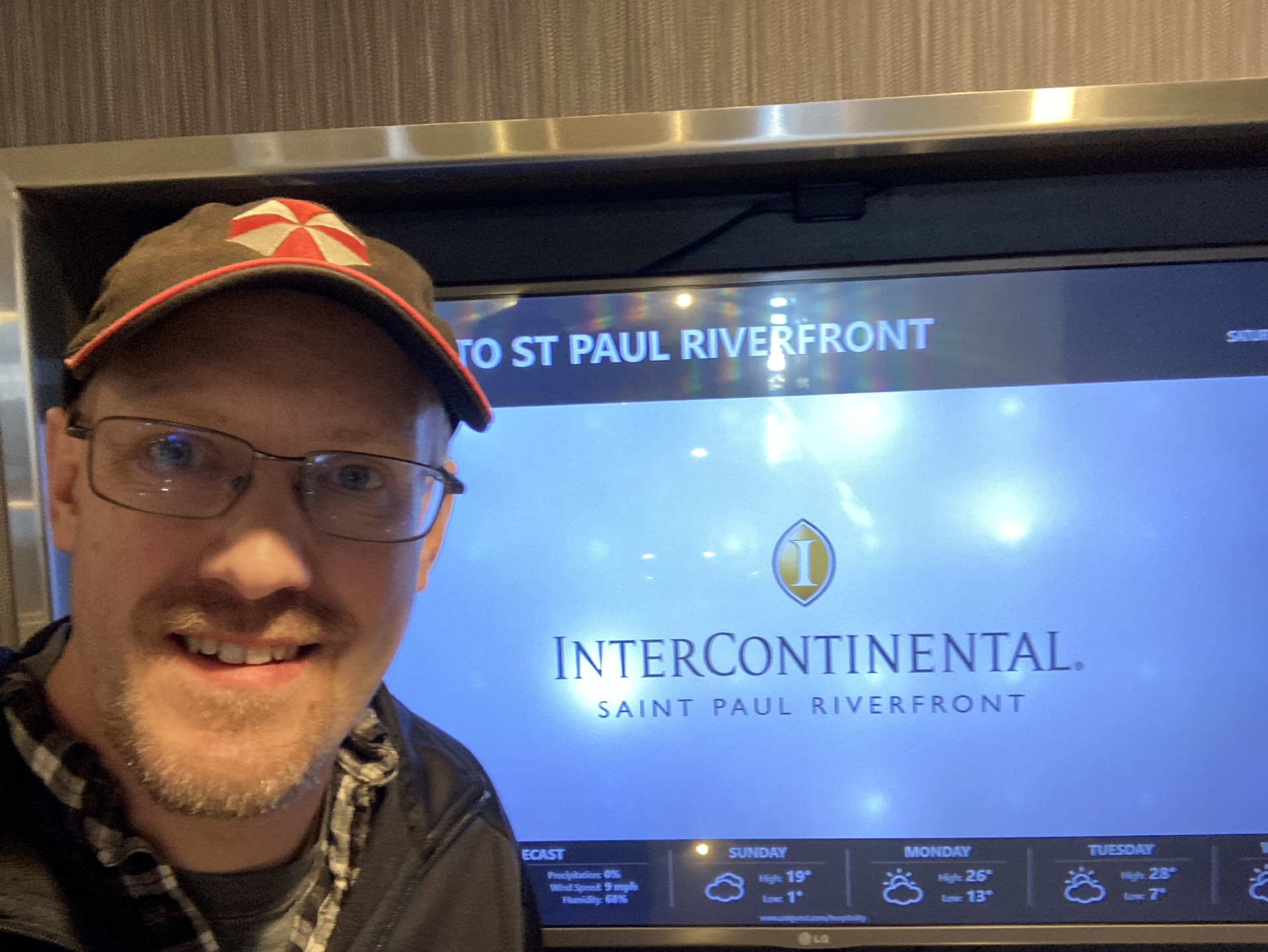


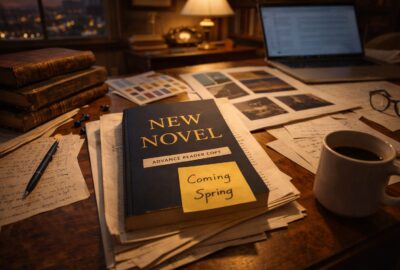




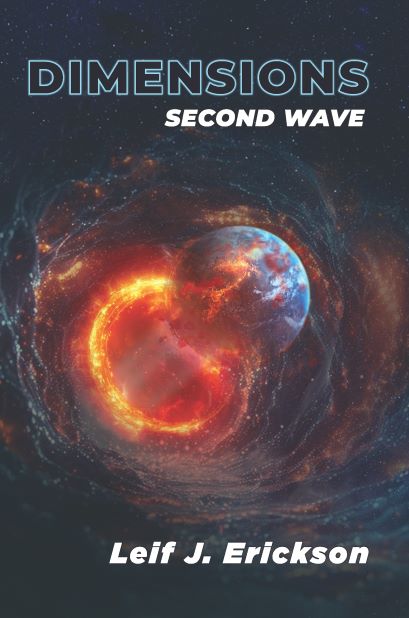
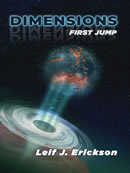
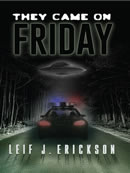
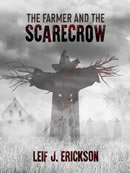
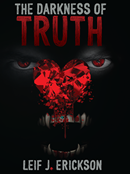
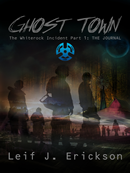
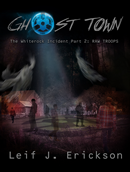
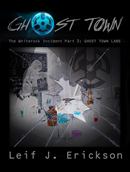
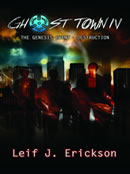
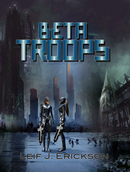
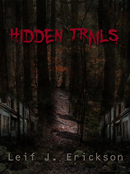
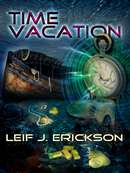
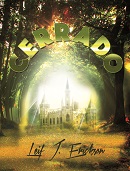




Leave a reply
You must be logged in to post a comment.